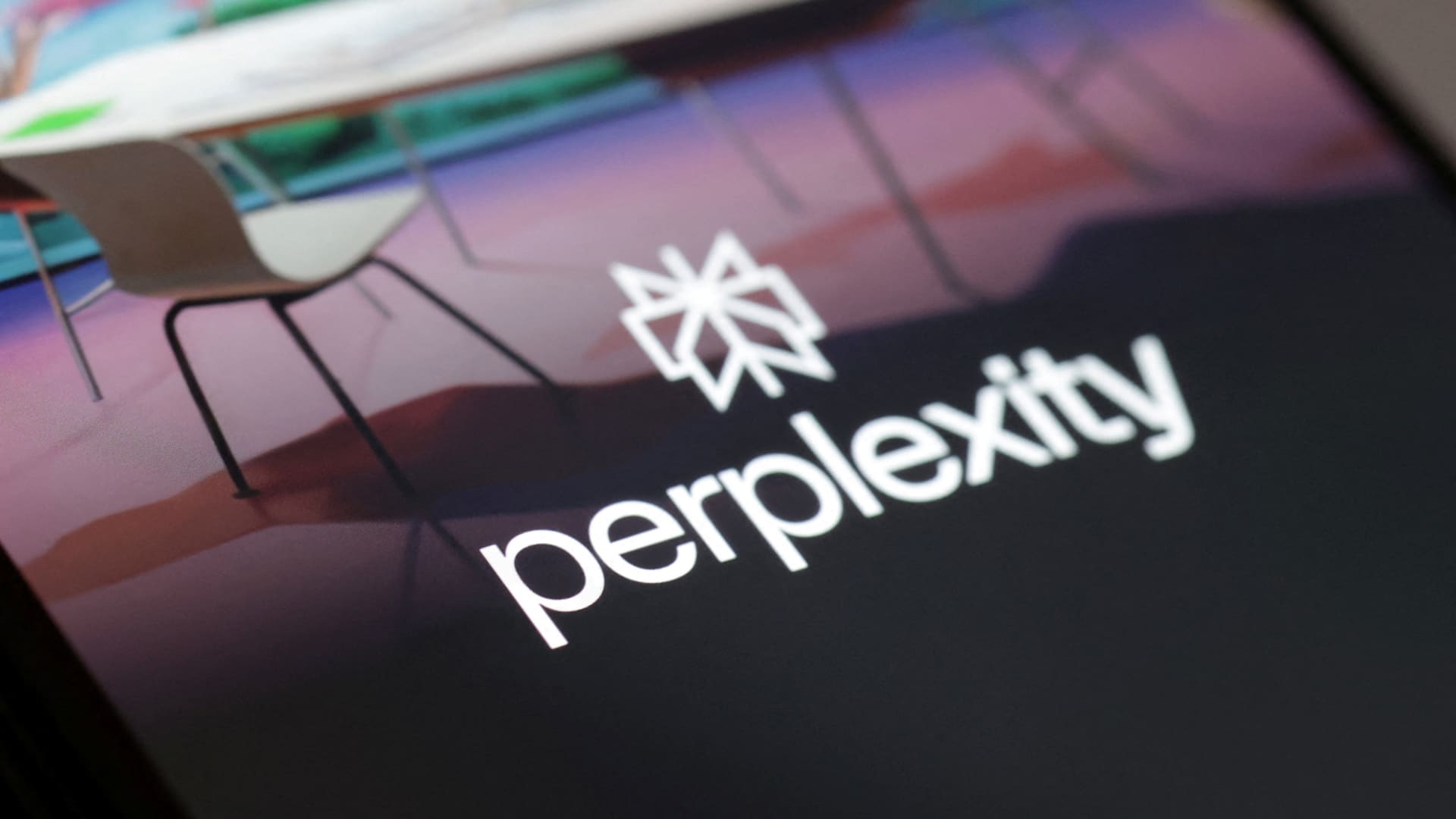Perplexity AI on Tuesday debuted a revenue-sharing model for publishers, after more than a month of plagiarism accusations. Media outlets and content platforms like Fortune, Time, Entrepreneur, The Texas Tribune, Der Spiegel and WordPress.com are the first to join the company’s “Publishers Program.”
The announcement follows an onslaught of controversy in June, when Forbes said it found a plagiarized version of its paywalled original reporting within Perplexity AI’s Pages tool, with no reference to the media outlet besides a small “F” logo at the bottom of the page. Weeks later, Wired said it also found evidence of Perplexity plagiarizing Wired stories, and reported that an IP address “almost certainly linked to Perplexity and not listed in its public IP range” visited its parent company’s websites more than 800 times in a three-month span.
The artificial intelligence startup, which specializes in AI-assisted search and aims to compete with Google, raised new funding in April at a valuation exceeding $1 billion — doubling its valuation from three months before.
Under the new partner program, any time a user asks a question and Perplexity generates revenue from citing one of the publisher’s articles in its answer, Perplexity will share a flat percentage of that revenue. That percentage counts on a per-article basis, Dmitry Shevelenko, Perplexity’s chief business officer, told CNBC in an interview — meaning that if three articles from one publisher were used in one answer, the partner would receive “triple the revenue share.”
Shevelenko confirmed that the flat rate is a double-digit percentage but declined to provide specifics.
Shevelenko told CNBC that more than a dozen publishers, including “major newspaper dailies and companies that own them,” had reached out with interest less than two hours after the program debuted.
The company’s goal, he said, is to have 30 publishers enrolled by the end of the year, and Perplexity is looking to partner with some of the publishers’ ad sales teams so they can sell ads “against all Perplexity inventory.”
“When Perplexity earns revenue from an interaction where a publisher’s content is referenced, that publisher will also earn a share,” Perplexity wrote in a blog post, adding that the company will offer publishers API credits and also work with ScalePost.ai to provide analytics to provide “deeper insights into how Perplexity cites their content.”
Shevelenko told CNBC that Perplexity began engaging with publishers in January and solidified ideas for how its revenue-sharing program would work later in the first quarter of 2024. He said five Perplexity employees were dedicated to working on the program.
“Some of it grew out of conversations we were having with publishers about integrating Perplexity APIs and technology into their products,” Shevelenko said.
Perplexity’s new program comes amid an increasingly heated battle between AI startups and some media outlets and creators, as many publications aggressively try to protect their businesses in the age of AI-generated content.
In June, The Center for Investigative Reporting, the country’s oldest nonprofit newsroom, sued OpenAI and lead backer Microsoft in federal court for alleged copyright infringement, following similar suits from publications including The New York Times, Chicago Tribune and the New York Daily News.
A group of prominent U.S. authors, including Jonathan Franzen, John Grisham, George R.R. Martin and Jodi Picoult, sued OpenAI last year, alleging copyright infringement in using their work to train ChatGPT.
But not all news organizations are gearing up for a fight, and some are instead joining forces with AI startups like OpenAI, Perplexity and others. OpenAI and Time magazine announced in June a “multi-year content deal” that will allow OpenAI to access current and archived articles from more than 100 years of Time’s history. OpenAI announced a similar partnership in May with News Corp., allowing the company to access current and archived articles from The Wall Street Journal, MarketWatch, Barron’s, the New York Post and other publications.
